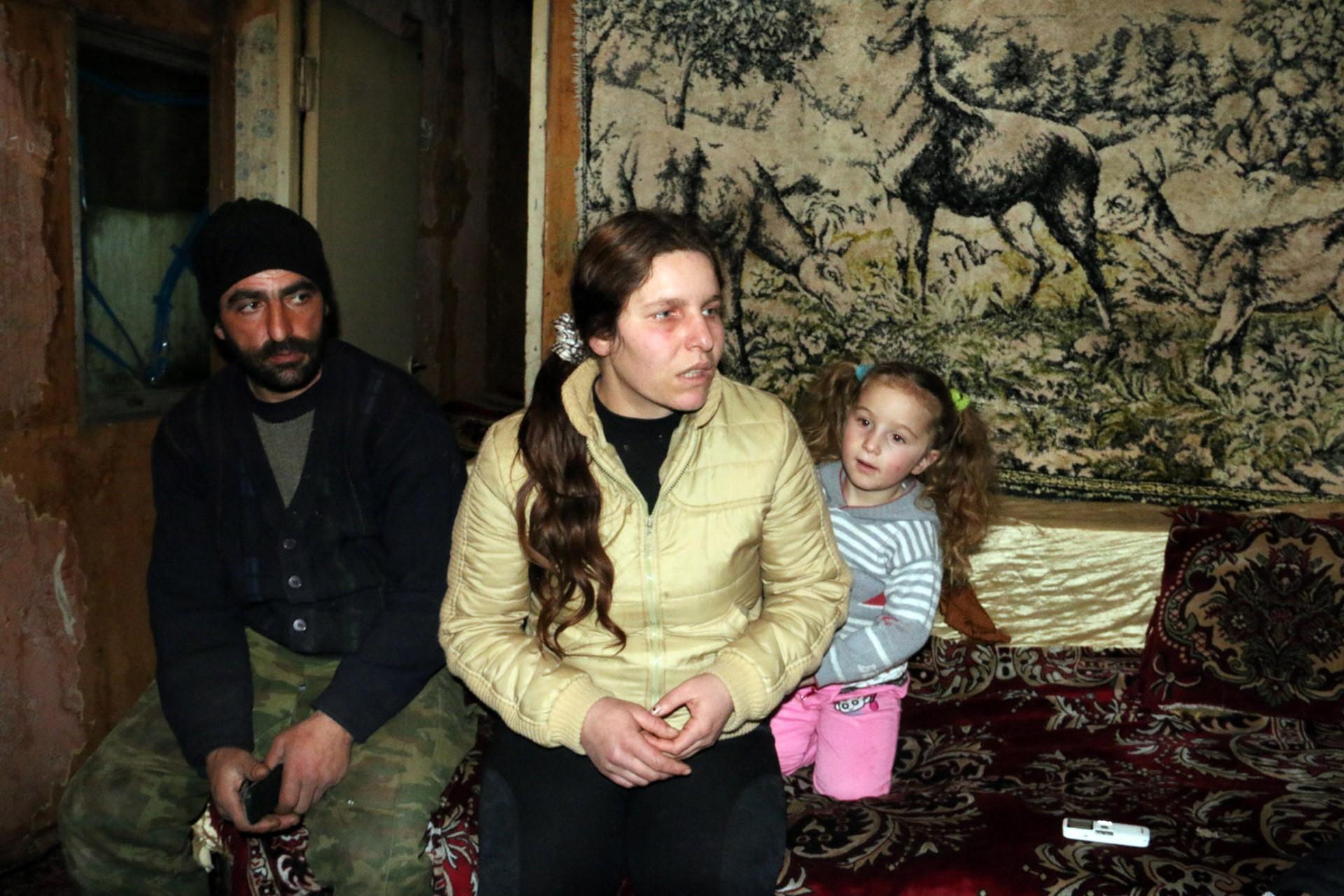
No Food in the Fridge, Burning Fabric Scraps for Heat
Varsik, did you write a letter to Santa Claus?
Nope.
Why?
Varsik doesn’t reply. She’s doing her homework sitting next to a small table, the only one in the family’s hut.
This peripheral district of Gyumri is overly quiet in the evening. Quiet and sad. White snow emphasizes sadness in the district’s wood and iron huts.
33-year-old Armenuhi and 36-year-old Rafo live in a wood hut together with their two daughters - 9-year-old Varsik and 4-year-old Hasmik. Armenuhi heats the hut by burning some fabric remains that her husband has brought. She offers one of the two chairs they have.
"I remind Varsik that she should study well every day," Armenuhi says.
Armenuhi is disabled. Born in the Mayisyan village of Armenia’s Shirak Province, she was raised by her aunt. Her father died when she was only ten, followed by her mother’s death four years later.
Armenuhi met Rafo in Gyumri. They got married in 2005. Rafo’s childhood story is not a happy one, either. At the age of eleven, his mother handed him over to the orphanage, and his father died a few years later. Rafo says that years later his mother explained to the children that she couldn’t raise them without a permanent job.
Rafo left the orphanage at the age of 15. "They didn’t say anything, they just said that I’d gotten old enough to get out," he recalls, adding that unlike the girls, who are usually provided with some type of shelter when they get out of the orphanage, the boys aren’t provided with any. However, Rafo thinks it’s right since the boys can take care of themselves.
After the orphanage, Rafo worked in cattle-breeding, and later as a guard. Now he's digging graves, being paid 3,000 drams in summer and 4,000 drams in winter. Sometimes he’s called on to cut wood and install sewage pipes.
Armenuhi says that her husband cannot do strenuous work, since he’s also disabled. He cannot apply for a disability certificate and a state aid, since he lost his clinical report. Having a new one requires spending a few days in the hospital and paying 50,000 drams, which they cannot afford now.
The Avetisyans, the family that was brutally murdered in Gyumri four years ago, were Rafo's aunt’s family. He says that they were very close, often going to the same repair jobs together with his cousin. Some of the Avetisyans' property is now stored in their hut.
The small wooden hut is divided in three parts - a small living room, a bedroom, and a storage room. The only light is in the living room, where electrical wires hang from the ceiling.
Armenuhi says that there are plenty of mice in the hut, and that’s why they have a cat. When we ask if they have a fridge to keep the food in, Rafo says they do have one but do not switch it on. Then he adds in a whisper that they have nothing to put in it. The fridge is used as a cupboard.
"So, Varsik, why didn’t you write a letter to Santa Claus?" I go back to the unanswered question, but Varsik remains silent. Armenuhi says she wanted a bicycle last year, but Santa Claus did not bring it. She wanted a mobile phone this yearbut did not write a letter.
"Well, because there's no Santa Claus," Varsik says out loud angrily.
All our attempts to convince her otherwise are futile.
Photos by Hakob Poghosyan
 Videos
Videos Photos
Photos
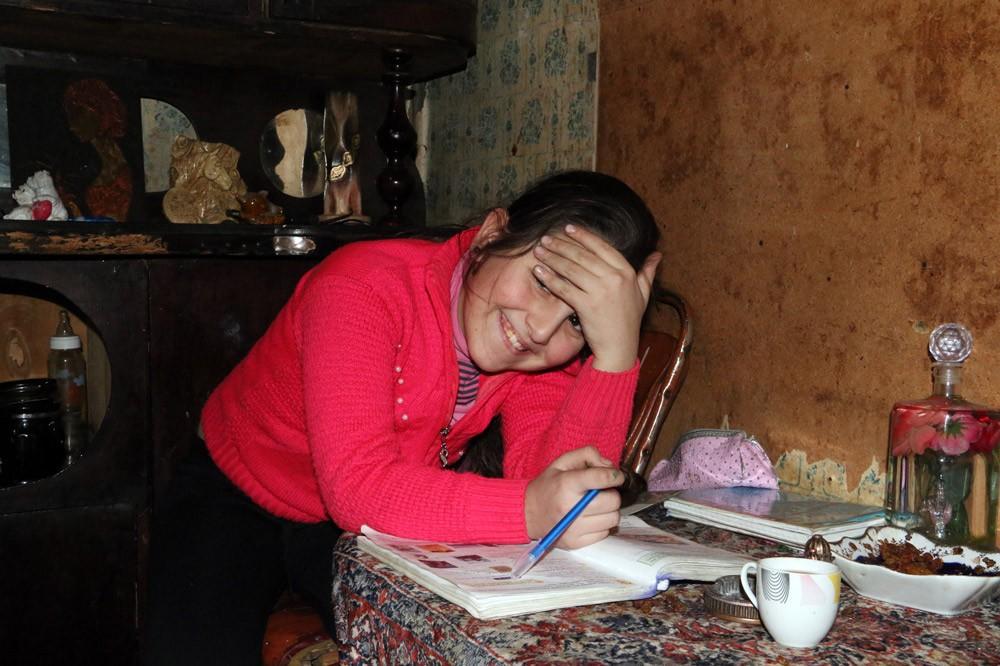
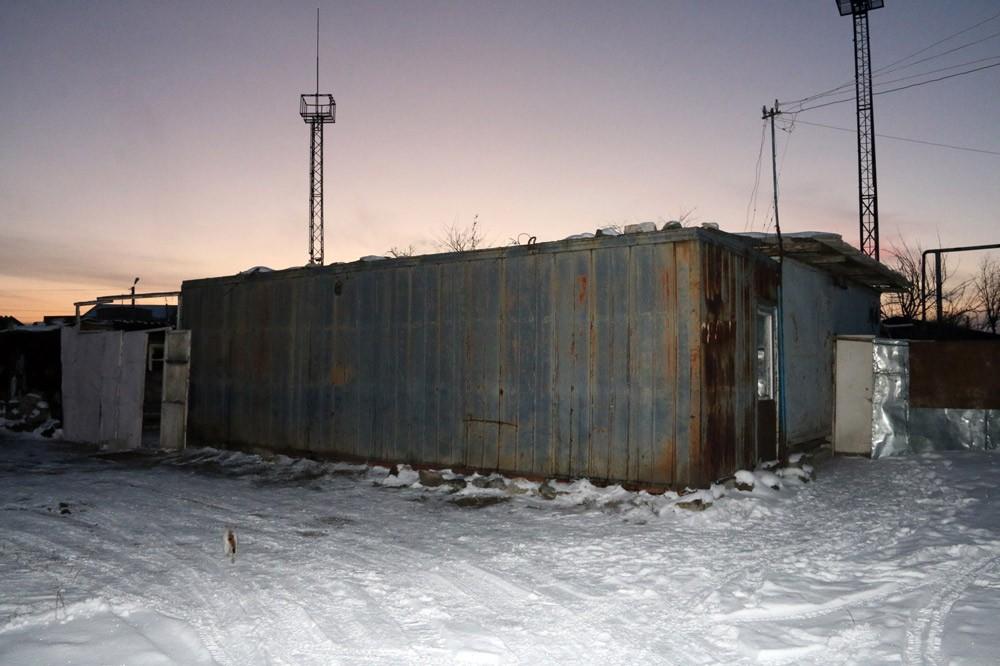
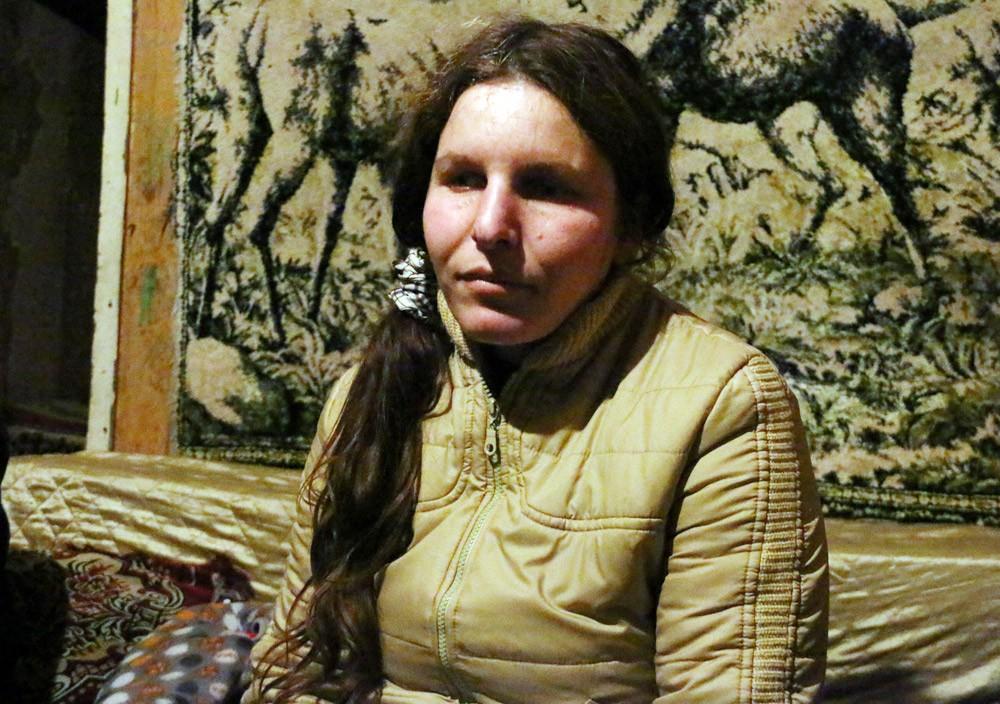
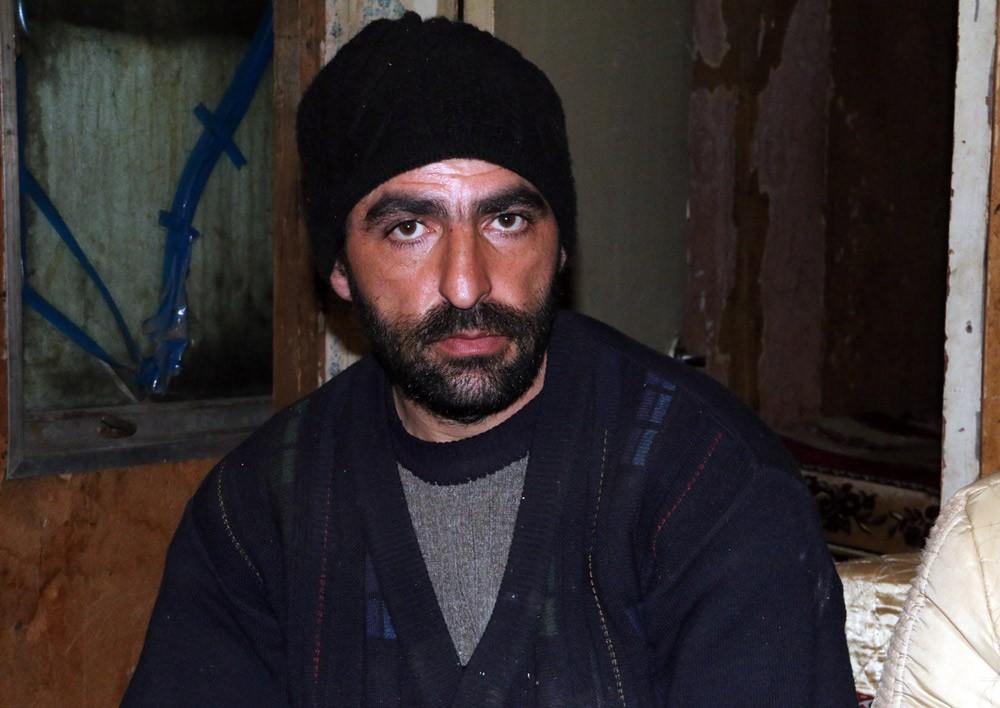
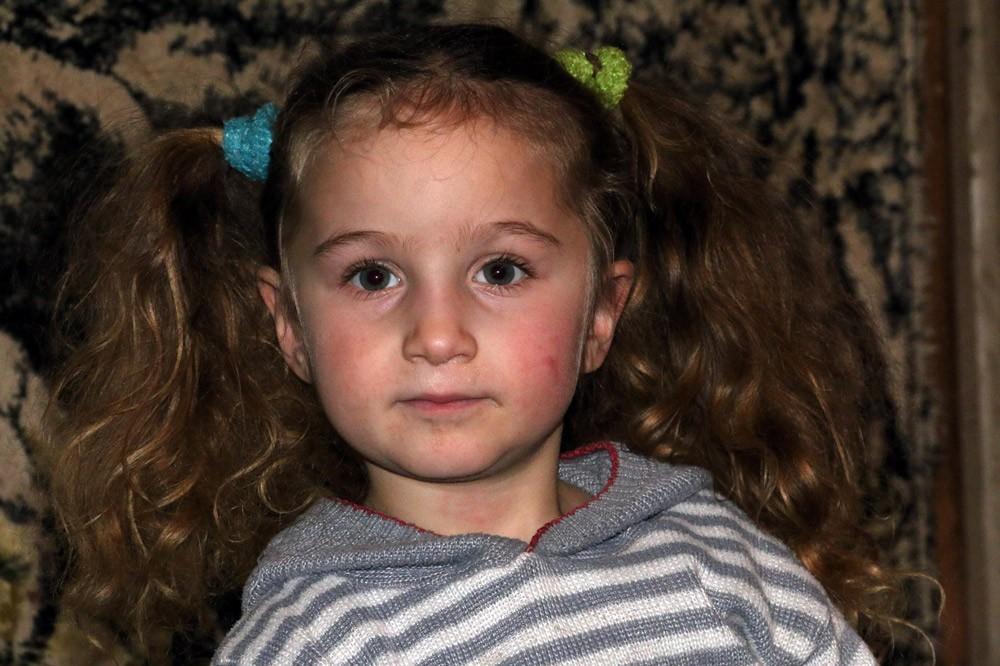
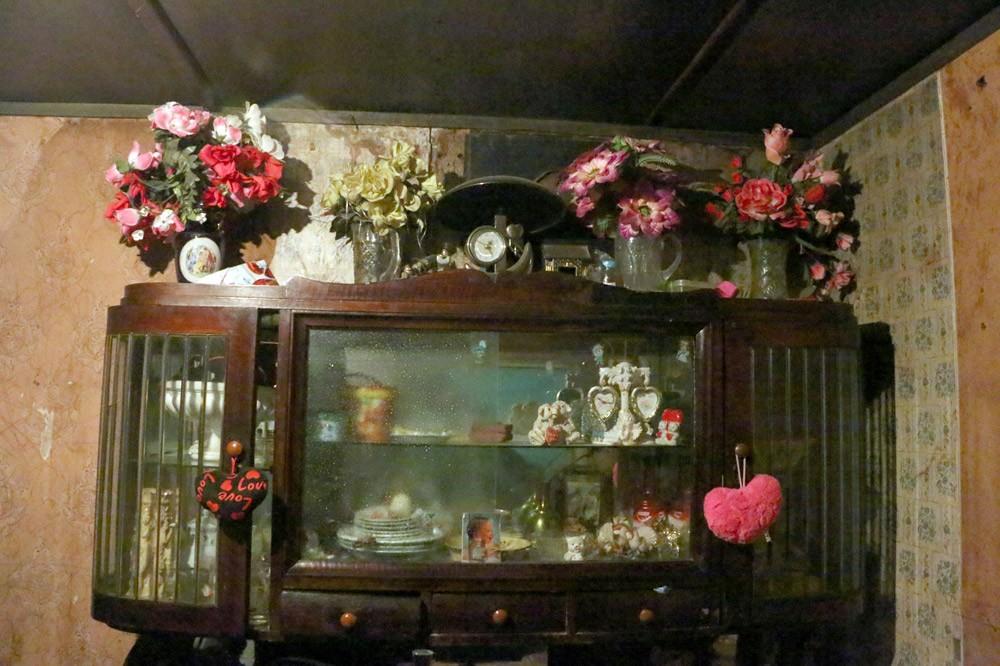
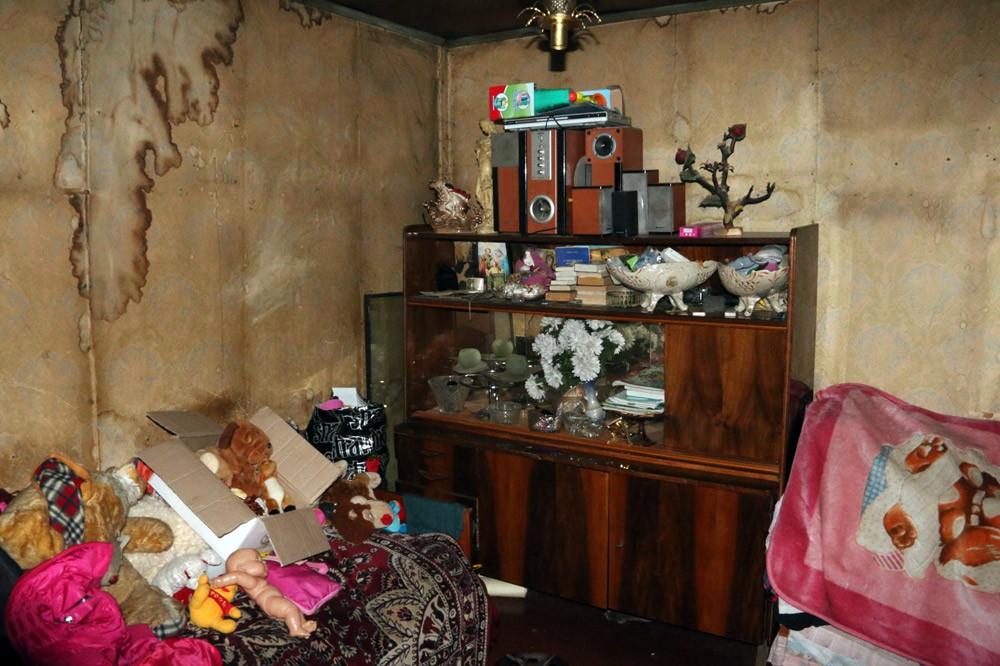
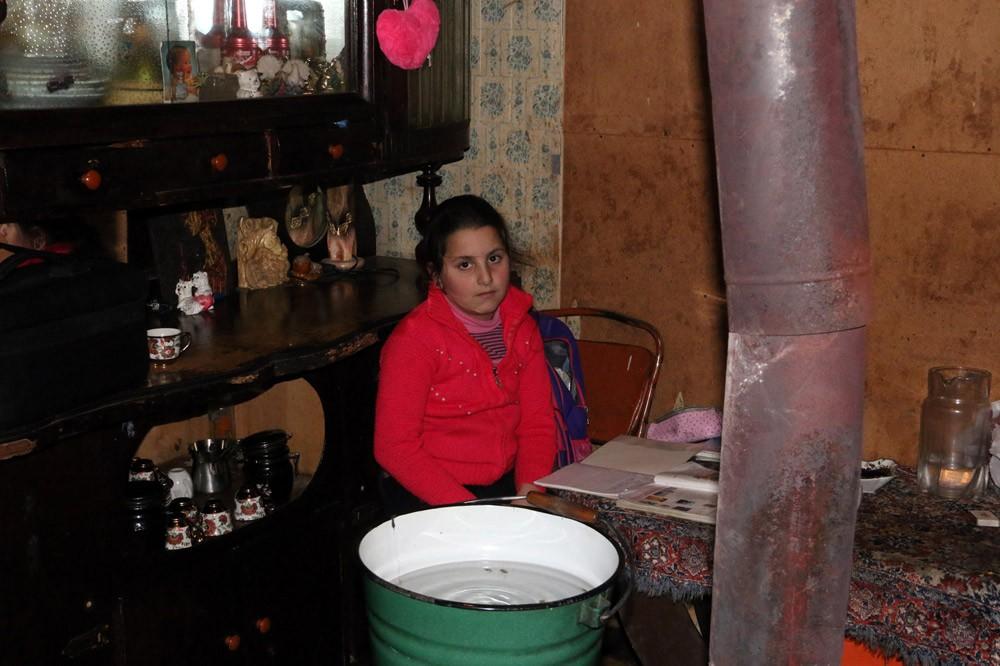
Write a comment